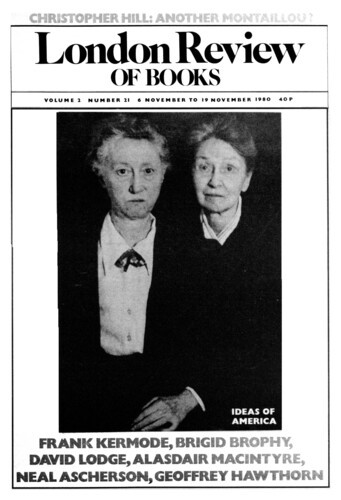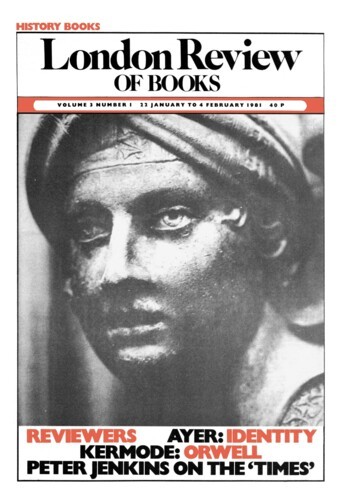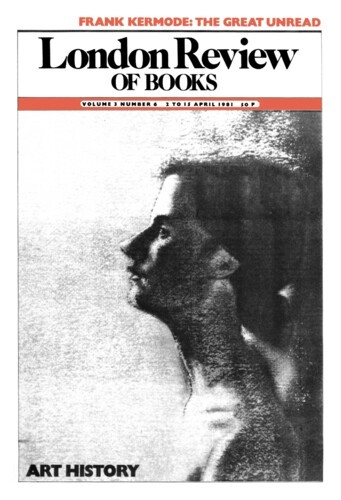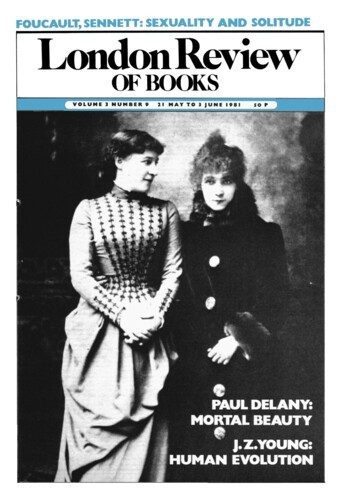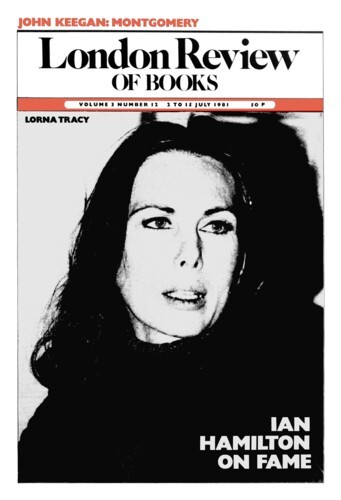To be continued
Brigid Brophy, 6 November 1980
The boldest way to supply the missing second half of Edwin Drood would be in the idiom of the present time. Such a course would nowadays come naturally or at any rate fashionably to an architect were he required to complete a building that had stopped short in 1870. But the mini-vogue among writers (or is it among publishers?) for endings to fictions that their authors left unfinished during the 19th century has not thrown up a single modern-dress production.
